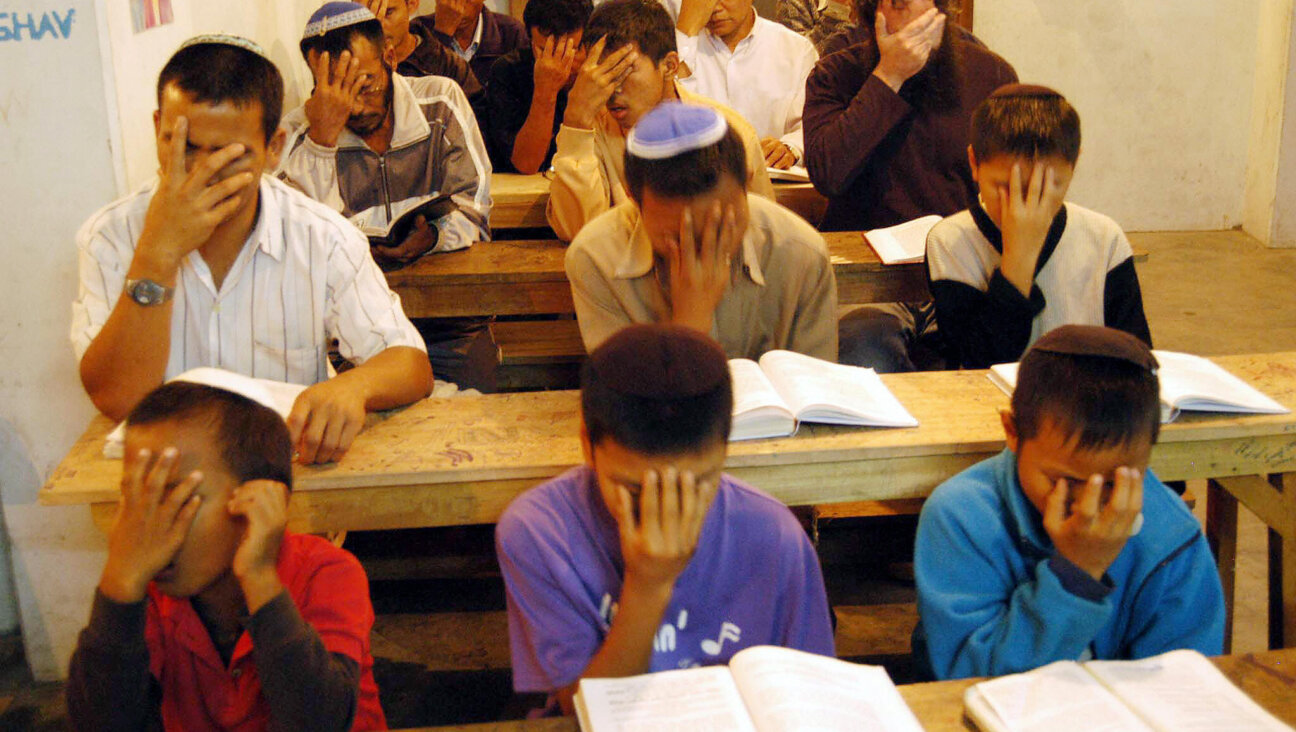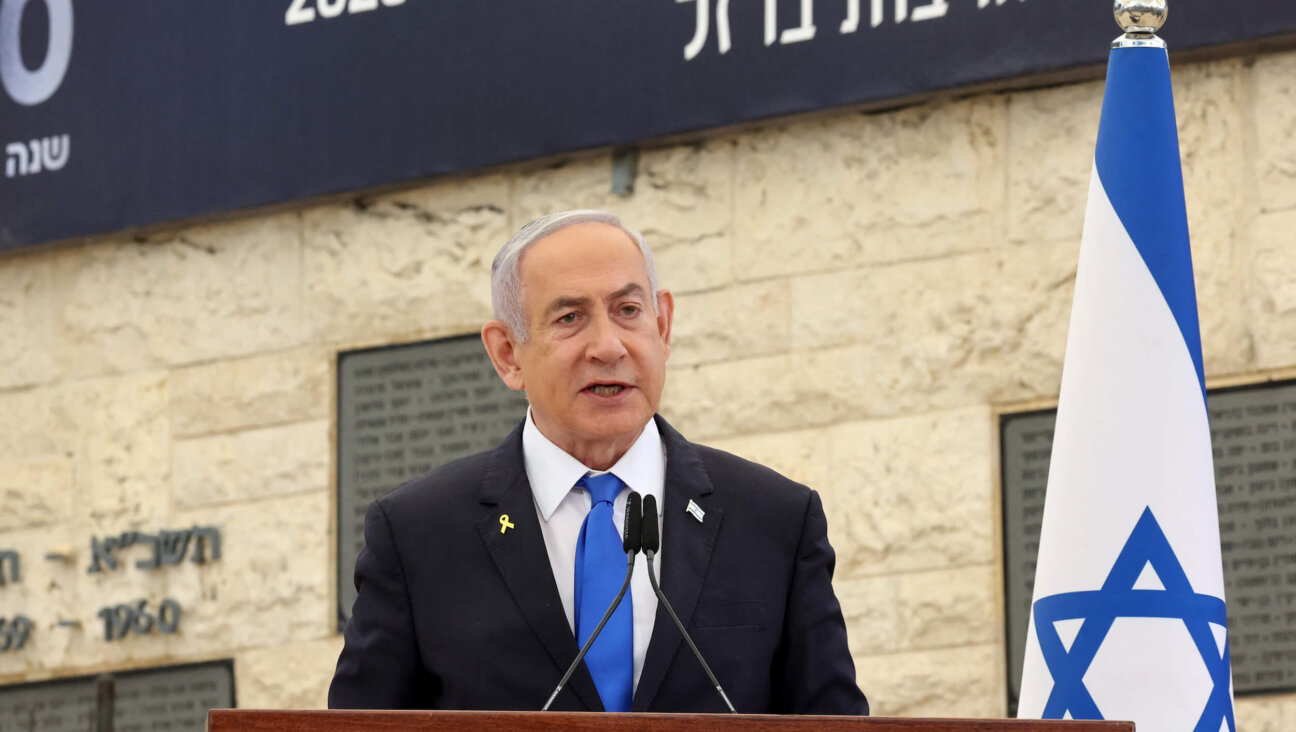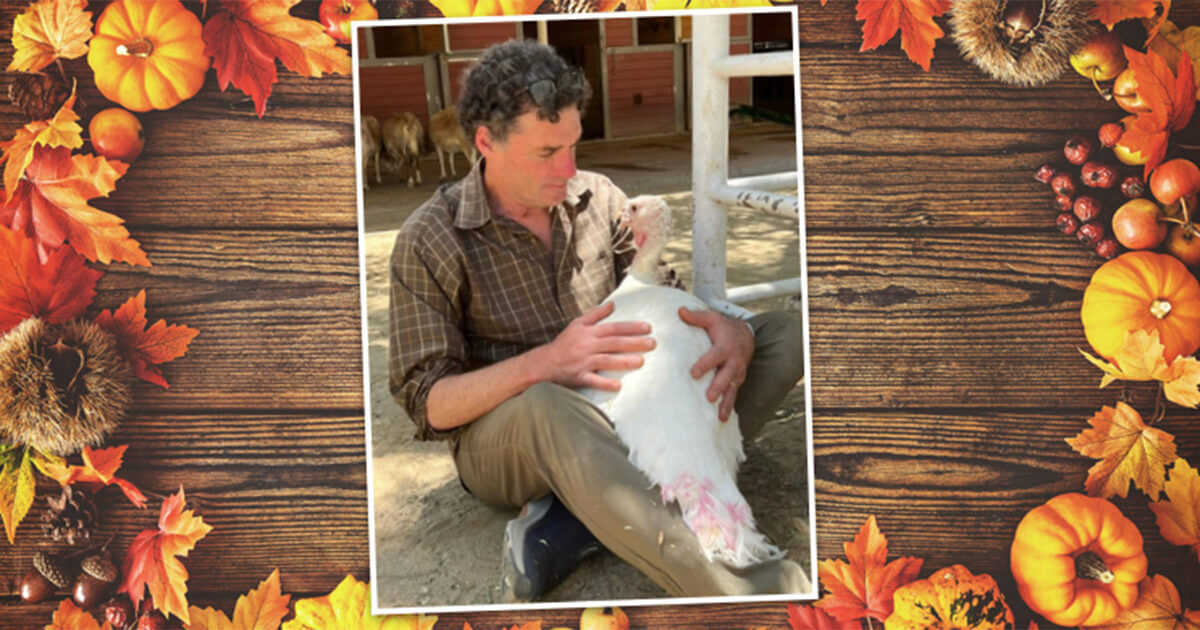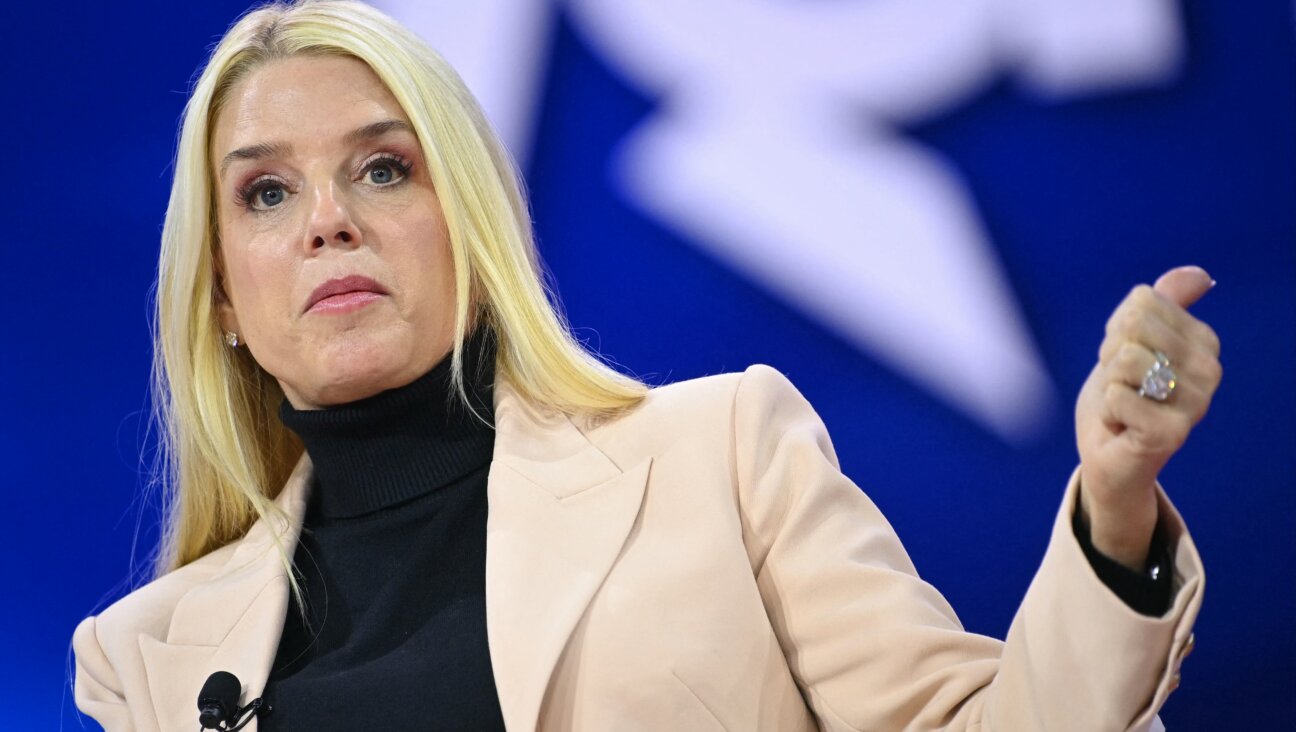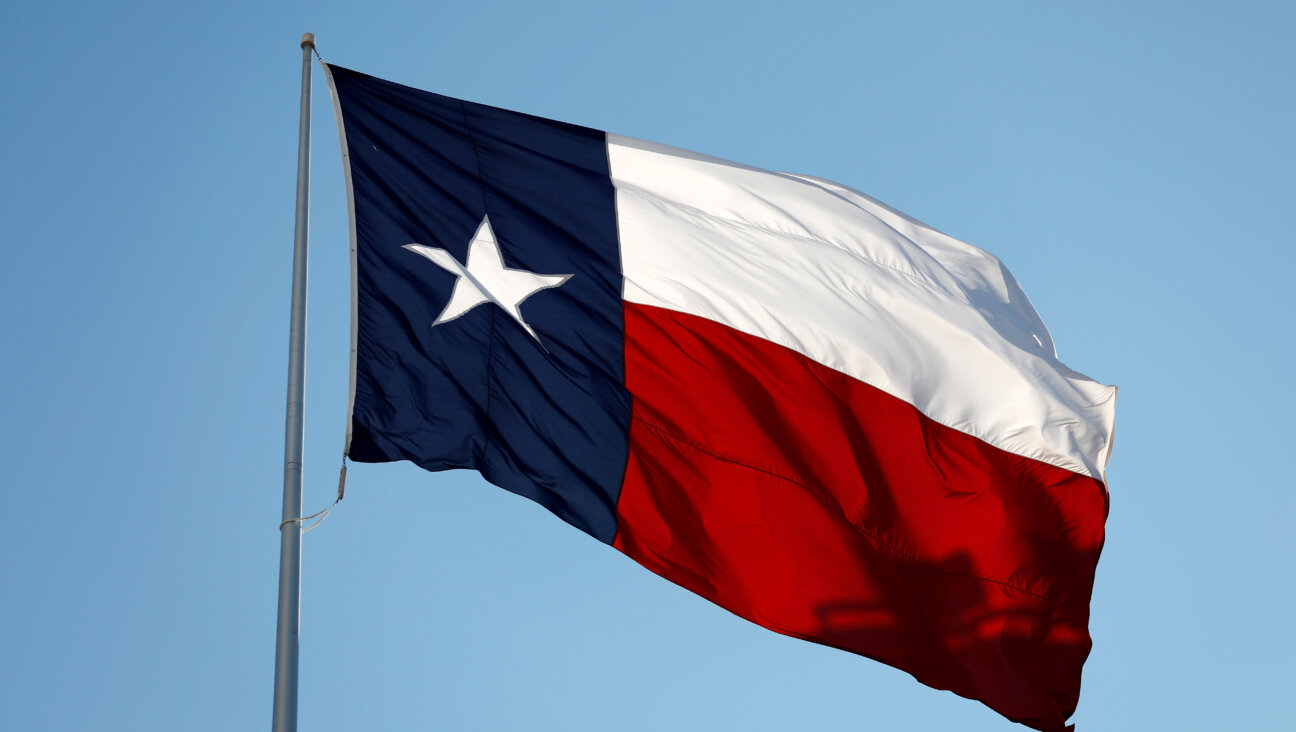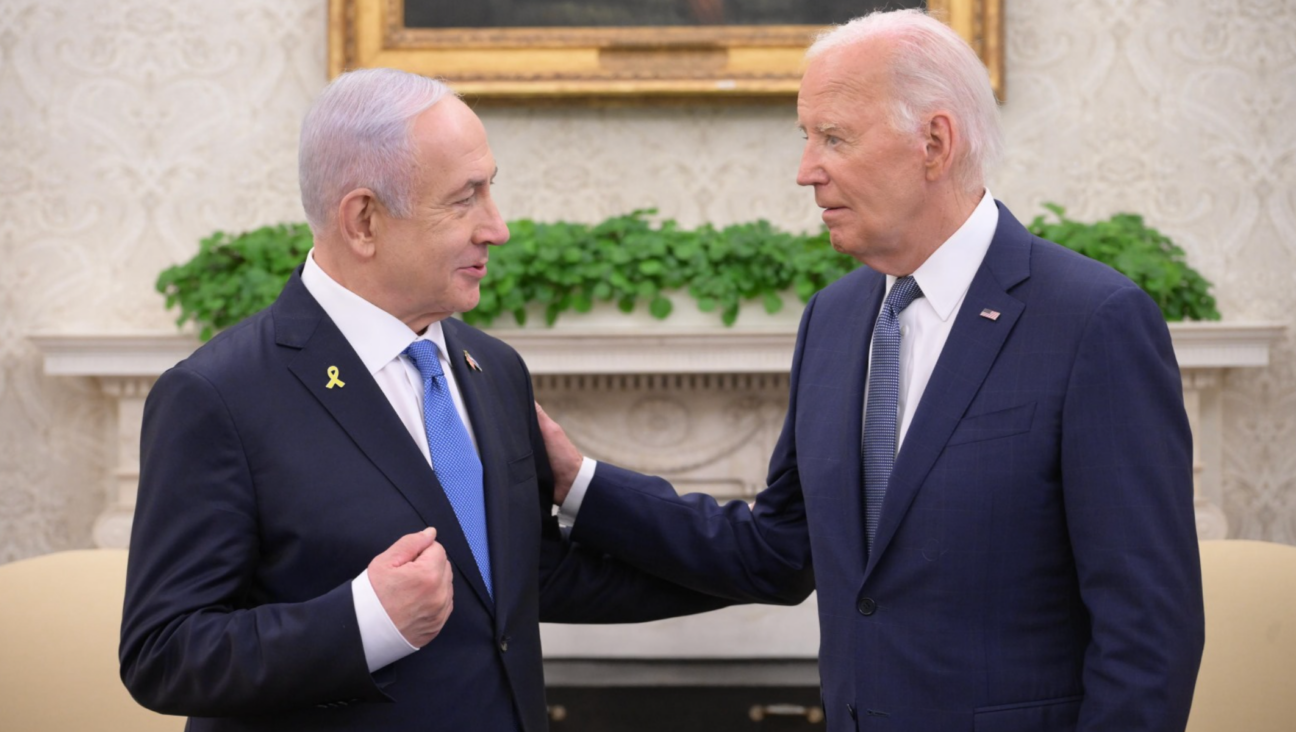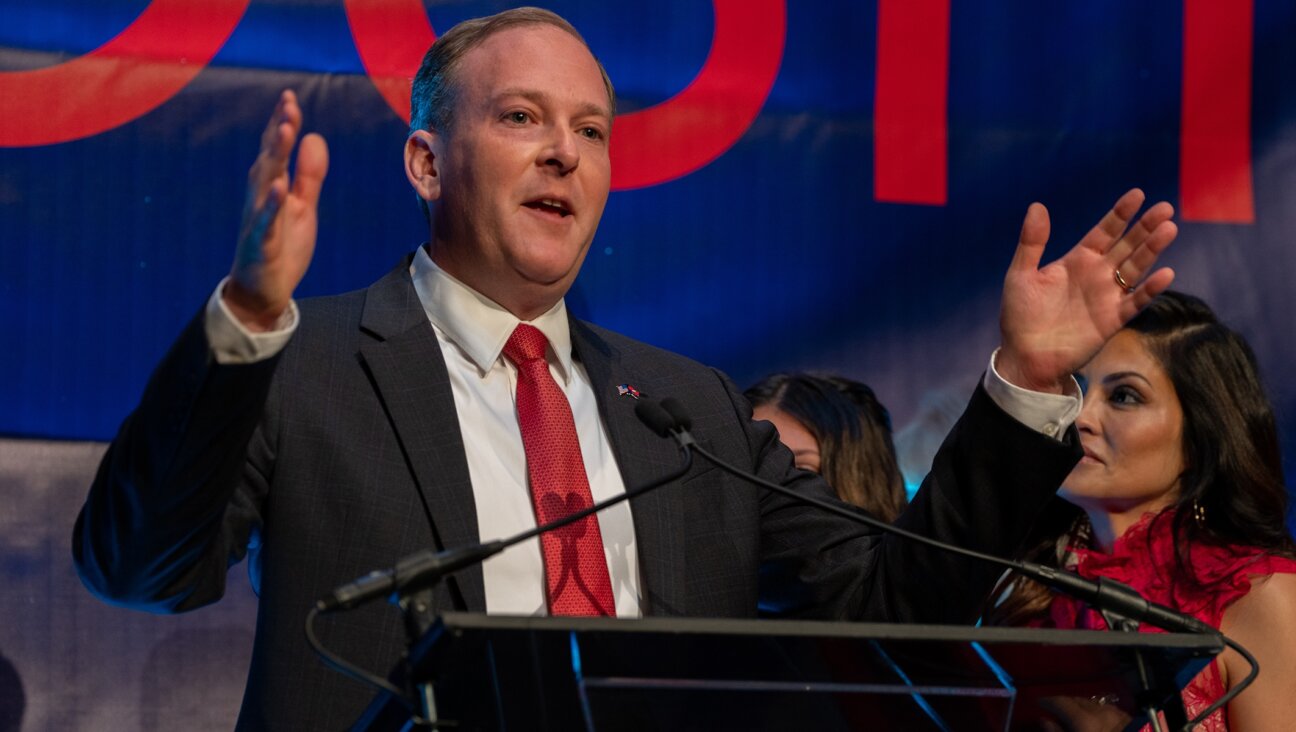Irish Lessons
The violence that tore into Northern Ireland last month seemed sadly, infuriatingly familiar. First, two British soldiers were killed in County Atrium, then only 48 hours later, a policeman was gunned down in County Armagh, the first murder of a Northern Irish police officer in more than a decade. A dissident Irish Republican group appeared to be responsible.
But for students of “the Troubles,” the response was not familiar. Instead of igniting another round of ugly rhetoric and reprisals, politicians across the spectrum condemned the violence and vowed it would not disrupt the 11-year-old peace agreement that has brought relative calm to the disputed land.
Peace is not a state of being in Northern Ireland. It is a process. Violence didn’t magically disappear when what has become known as the Good Friday Agreement was signed in 1998, earning its two chief architects the Nobel Peace Prize and securing a rare foreign-policy achievement for Bill Clinton and Tony Blair. But the response to the Atrium and Armagh murders is only the most recent example of how a political power-sharing relationship builds respect, trust and the incentive for once-warring factions to listen to their better angels.
This example ought to be studied and, when appropriate, modeled in the Middle East. Fortunately, George Mitchell, President Clinton’s envoy to Northern Ireland back then, is President Obama’s envoy to Israel and the Palestinians now. Though his role is important, the real change agents are those who lived through the rage and strife, and are willing to make the cold compromises needed to create something better for future generations.
Patience isn’t just a virtue; it’s a necessity. It took nine years after the Good Friday accords for a true power-sharing government to take hold in Northern Ireland. The first two elected leaders — Ian Paisley as first minister and Martin McGuinness as deputy — were once the bitterest of enemies. McGuinness said that before taking office he and Paisley never, ever had a conversation. “Now we have worked very closely together… and there’s been no angry words between us,” he said months into their administration.
Also necessary is a willingness to respect one another’s histories. Names in Northern Ireland are as pregnant with meaning as they are in other conflict areas. Whether one calls the second-largest city in the north “Derry” or “Londonderry” speaks volumes about one’s identity and politics. But as a gesture on this year’s Good Friday anniversary, the Irish Republic is allowing Protestants to register their hometown as “Londonderry,” even though the reference to the British capital is anathema to Catholics.
This is an evolutionary process, politically and personally. Consider Gerry Adams, long thought to be a leader of the outlawed Irish Republican Army, who eventually turned to politics and peace-making. Earlier this month, Adams visited Sderot and then, to the Israeli government’s consternation, met with Hamas leader Ismail Haniyeh. Adams’s message: Talk.
As he told The Jerusalem Post, there “was a time when there was no dialogue in Ireland, and there was conflict. Once we opened up the process to allow dialogue, and made it inclusive, we started a very difficult process that challenged everyone…. We took the chance in Ireland. It wasn’t easy, but the rewards more than vindicate and validate the risks that were taken.”
Paisley and McGuinness are not Haniyeh and Netanyahu. Fiddling with the name of a city is not akin to deciding whether May 14, 1948, marked independence or catastrophe. Historical parallels only go so far. Still, the process of peace in Northern Ireland is to be celebrated and emulated, a hopeful illustration of the power of people and nations to change.
A message from our CEO & publisher Rachel Fishman Feddersen

I hope you appreciated this article. Before you go, I’d like to ask you to please support the Forward’s award-winning, nonprofit journalism during this critical time.
We’ve set a goal to raise $260,000 by December 31. That’s an ambitious goal, but one that will give us the resources we need to invest in the high quality news, opinion, analysis and cultural coverage that isn’t available anywhere else.
If you feel inspired to make an impact, now is the time to give something back. Join us as a member at your most generous level.
— Rachel Fishman Feddersen, Publisher and CEO







